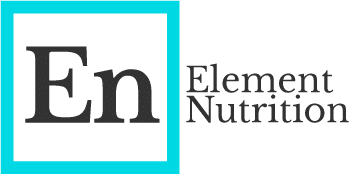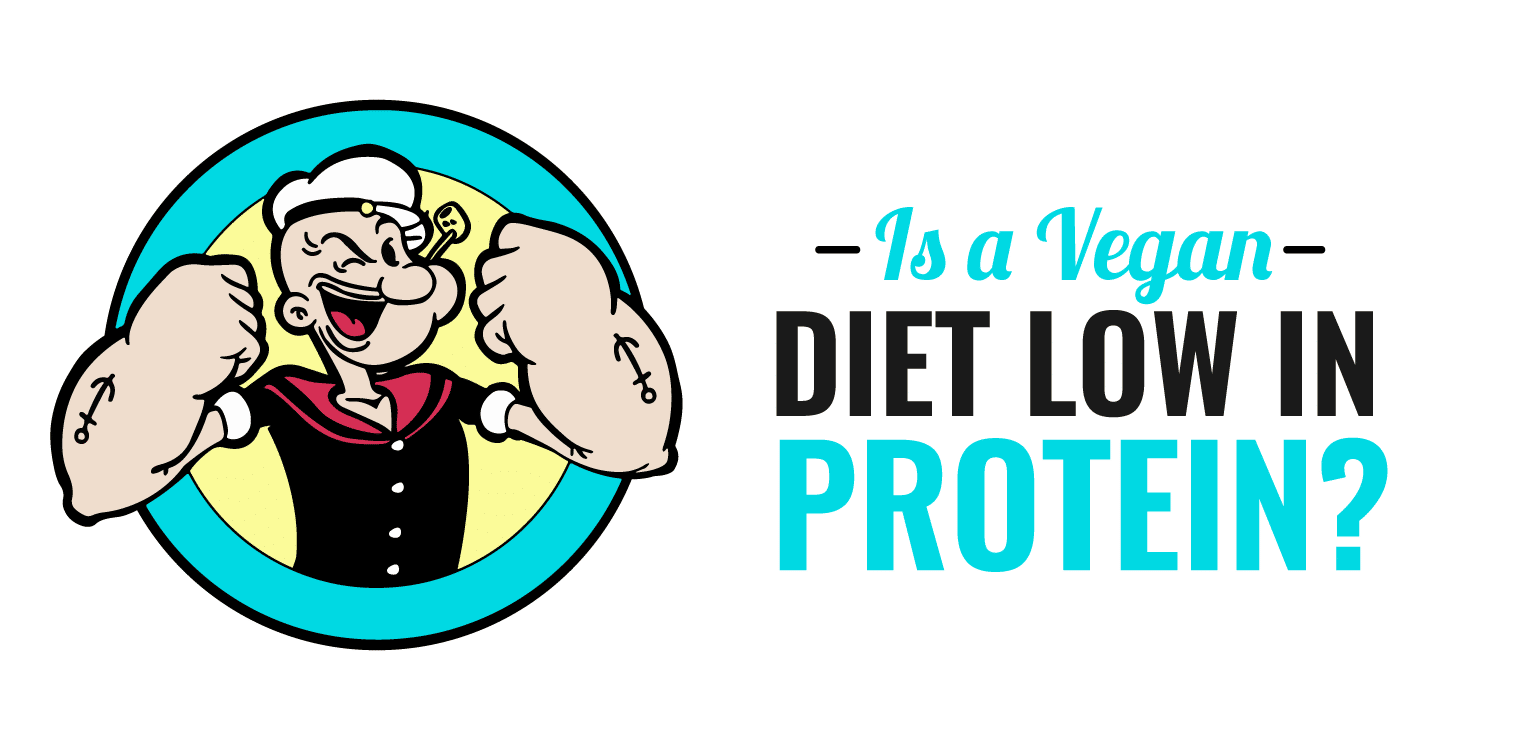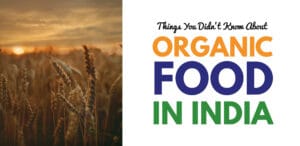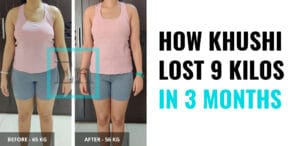A vegan diet benefits, not just the body but also the environment as it has a smaller carbon footprint. However, it is plagued by many myths which deter people from adopting it. The most popular one being that – A vegan diet is low in protein.
Last week, I collaborated with a vegan startup known as Prolicious (@itsprolicious) to answer this question. Here’s a snippet of my live session on this topic with them.
Defining Low Protein
As your low is probably lower than my low, I am going to define my low (now try saying that 10 times in a row). By ‘low’ protein, I mean lower than the recommended daily allowance (RDA) of 45-50g. In fact, many studies show that the RDA is low even for regular, not-so-active people. This is something that I have explained in my review of The Game Changers documentary.
The Myths’ Origins
I have thought about the reasons why many people believe that a vegan diet is low in protein. I formed a hypothesis, from personal observation, which is as follows –
People believe that a vegan diet is low in protein because many vegans don’t eat a high protein vegan diet. The monologue in their minds probably sounds like, “I have seen that many vegans eat very little protein. This is probably because a vegan diet is low in protein!”
However, if a group of people follows a low protein vegan diet, it does not mean that the diet itself is low in protein. It’s possible to eat a high protein vegan diet if you know how to address a few of its limitations.
Limitation no. 1 – Low Bioavailability
Just like calcium, vegan protein also suffers from low bioavailability due to the presence of certain compounds.
Solution – Increase Protein Intake
Eat a greater amount of protein to fulfil the optimal requirement. For this, you will first need to find out your optimal protein requirement. Use the chart below to get an estimate based on your activity levels.

How much should you increase your protein intake?
It’s difficult to say by how much you need to increase your protein intake because the research focuses on studying the effects of isolated proteins like soy or whey. Soy protein is the most frequently used vegan protein for research.
However, most of our meals are mixed with ingredients such as grains and vegetables which are known to reduce protein absorption. Unfortunately, there’s virtually no research studying the effects of mixed meals on protein absorption.
For now, try to keep your protein intake above this optimal number as much as you can. For example, if you have an optimal intake of 1.4 g/kg, you can at least increase it to 1.6-1.8 g/kg.
Limitation no. 2 – Low on Essential Amino Acids
Essential amino acids are important for building muscle. But just increasing your total protein intake may not provide the necessary amounts of essential amino acids. This is because most vegan proteins don’t contain essential amino acids in sufficient amounts.
So, are vegans doomed to the land of tiny gains for eternity? No, because there is still one trick up your sleeve, which is to eat a variety of vegan protein sources.
Solution – Eat a Variety of Vegan Proteins
If you are sticking to only 1 or 2 sources of vegan protein, then you are not going to get all the essential amino acids in the required amounts. However, eating a variety of vegan protein sources will help you diversify the number of essential amino acids that you are getting.
The most well-known combination is that of grains and legumes. This is because many grains are low in the essential amino acid lysine but high in methionine while legumes are high in lysine but low in methionine. Both makeup for the essential amino acid which the other lacks. The popular protein powder blend of rice and pea protein is a result of this technique!
Don’t fuss over finding exact combinations which give you all the essential amino acids. Just make sure that you include a variety of vegan protein sources and you are good to go.
Combining both Solutions
Eat a variety of vegan proteins and simultaneously increase your total protein intake. This increases your chances of getting sufficient amounts of each essential amino acid.
Limitation no. 3 – Not Enough Leucine
Applicable only to Athletes
This section is only important for athletes participating in sports that focus on muscle gain such as bodybuilding. If you just want to improve general fitness and stay healthy, then you can skip this section and jump straight to the conclusion using the ‘Contents’ table on the right.
The Function of Leucine
Leucine is the most important essential amino acid for building muscle after a meal. The amount of muscle built after a meal is greater when enough leucine is available. A vegan diet is low in leucine and both the previous solutions to improve protein intake will not help much with getting enough leucine in every meal.
Solution – Supplement Leucine
Thanks to modern science, we can now isolate leucine. It is found in branched-chain amino acid (BCAA) supplements and also sold separately as leucine powder. Although BCAAs are generally useless for most people, vegan athletes can benefit from them due to the essential amino acid boost. Leucine is also sold separately as leucine powder. Studies found that when vegan proteins are fortified with leucine, there is an increase in muscle gain.
Timing and Dosage
Leucine is best taken after a meal as it increases the rate at which all the other amino acids from the meal are used to build muscle.
Studies show that 2.5-3g of leucine after a meal is enough to maximise muscle gain. The exact quantity of the supplement needed depends on the amount of leucine you are getting from a meal. You can find this out using food tracking applications like Cronometer and look at the protein breakdown.
Let’s say that you are getting 1.5g of leucine from a vegan meal. Since you need a minimum of 2.5g of leucine, you still need 1g of leucine. The supplement quantity needed will depend on the supplement you use –
- If BCAAs – amount equivalent to 1g of leucine
- If Leucine Powder – 1g
A Vegan Diet is Not Low in Protein
A vegan diet is not low in protein. Vegan protein sources do have some limitations, but there are very easy solutions to them. Out of the 3 limitations I addressed, only the first two are the most important ones. I would give importance to the leucine limitation only in the case of athletes.
To get a more potent effect, increase total protein in along with acquiring protein from a variety of vegan protein sources. So, if you were hesitant about adopting a vegan diet due to worries regarding low protein intake, I hope that this post has changed your mind.
Are there any other myths that are troubling you? Let me know in the comments! Do you want to vegan but not sure how? Give us a call and we’ll help you out.





One Response
Comments are closed.